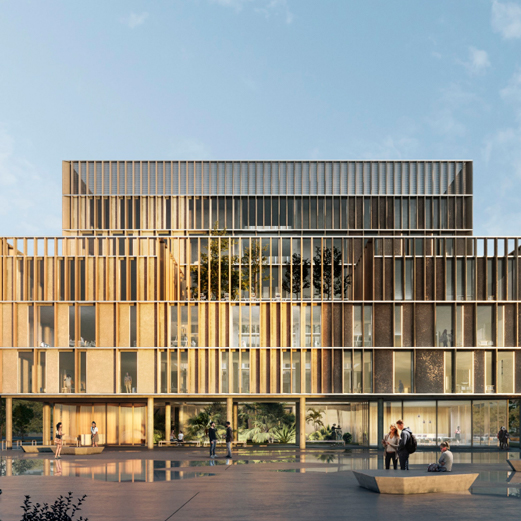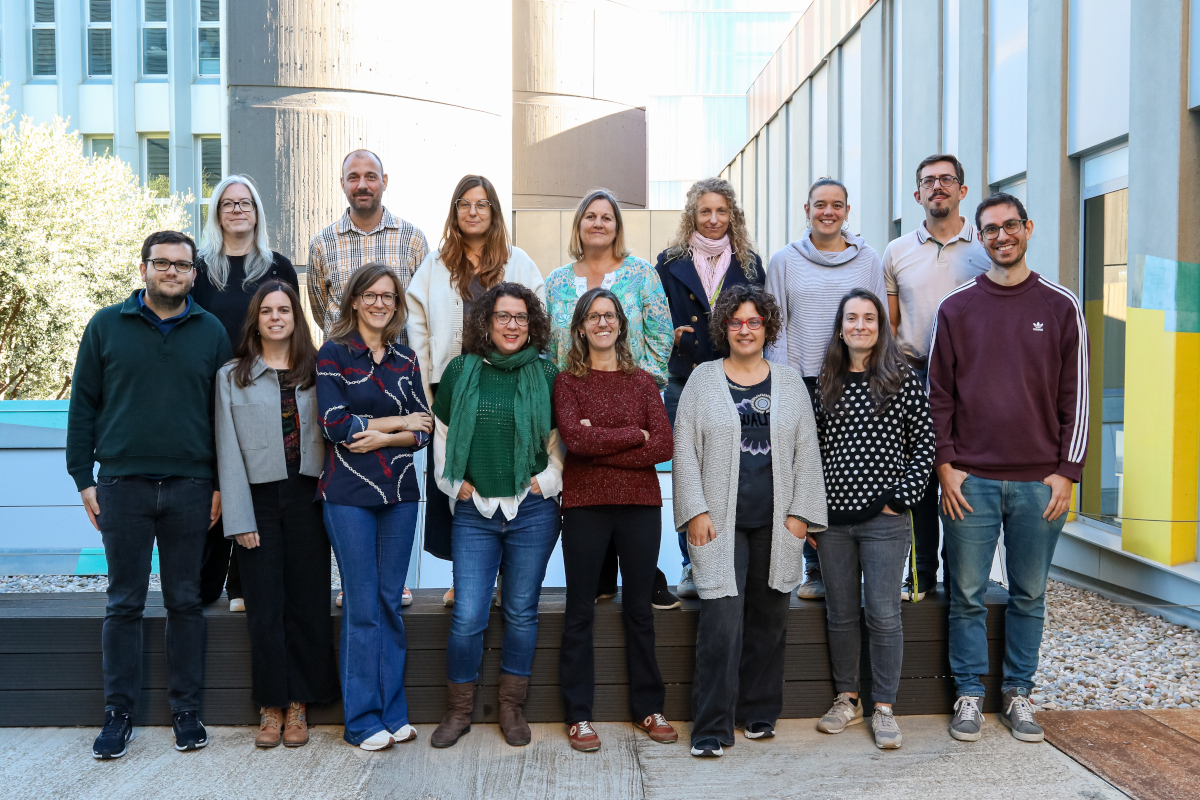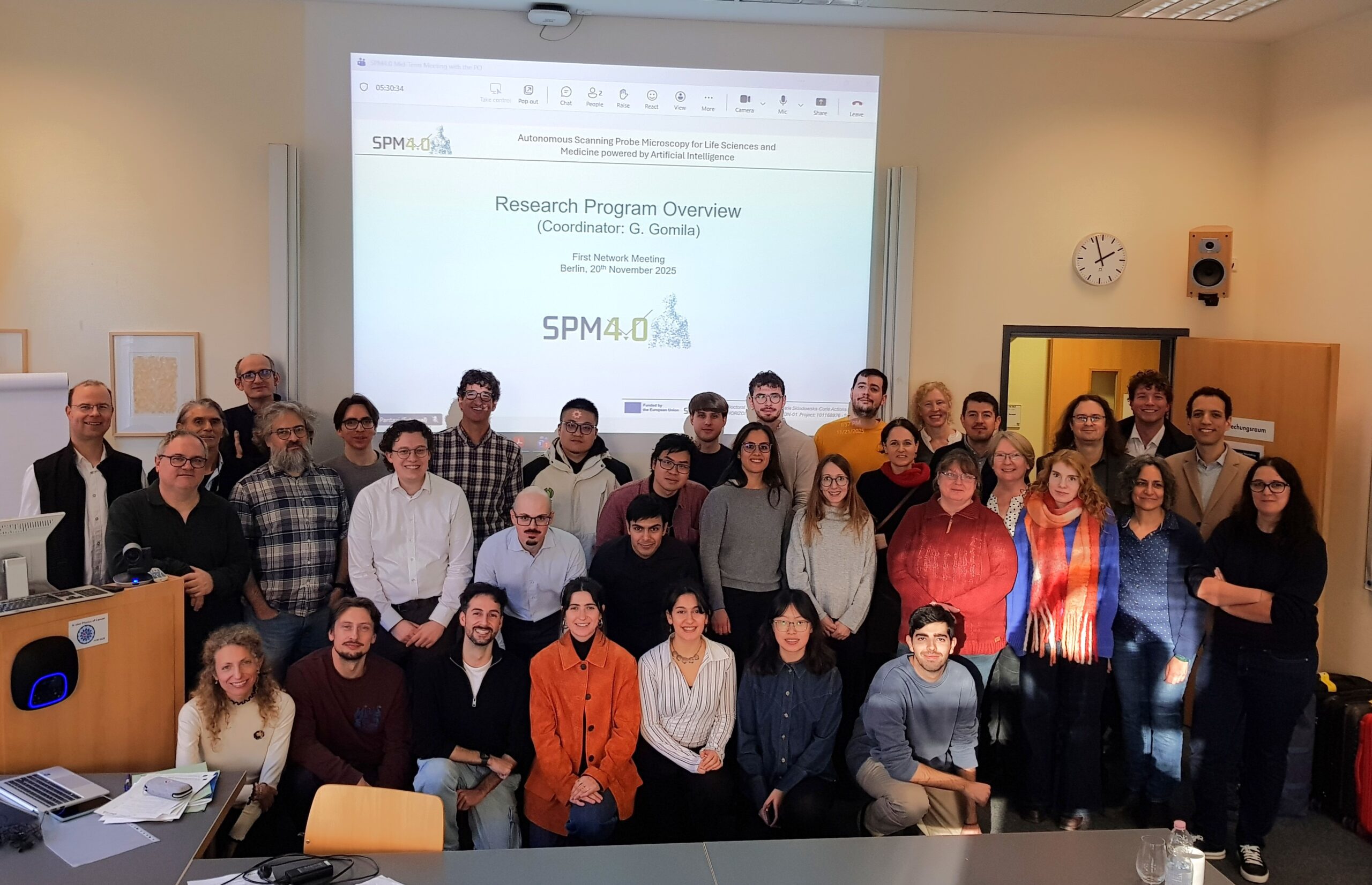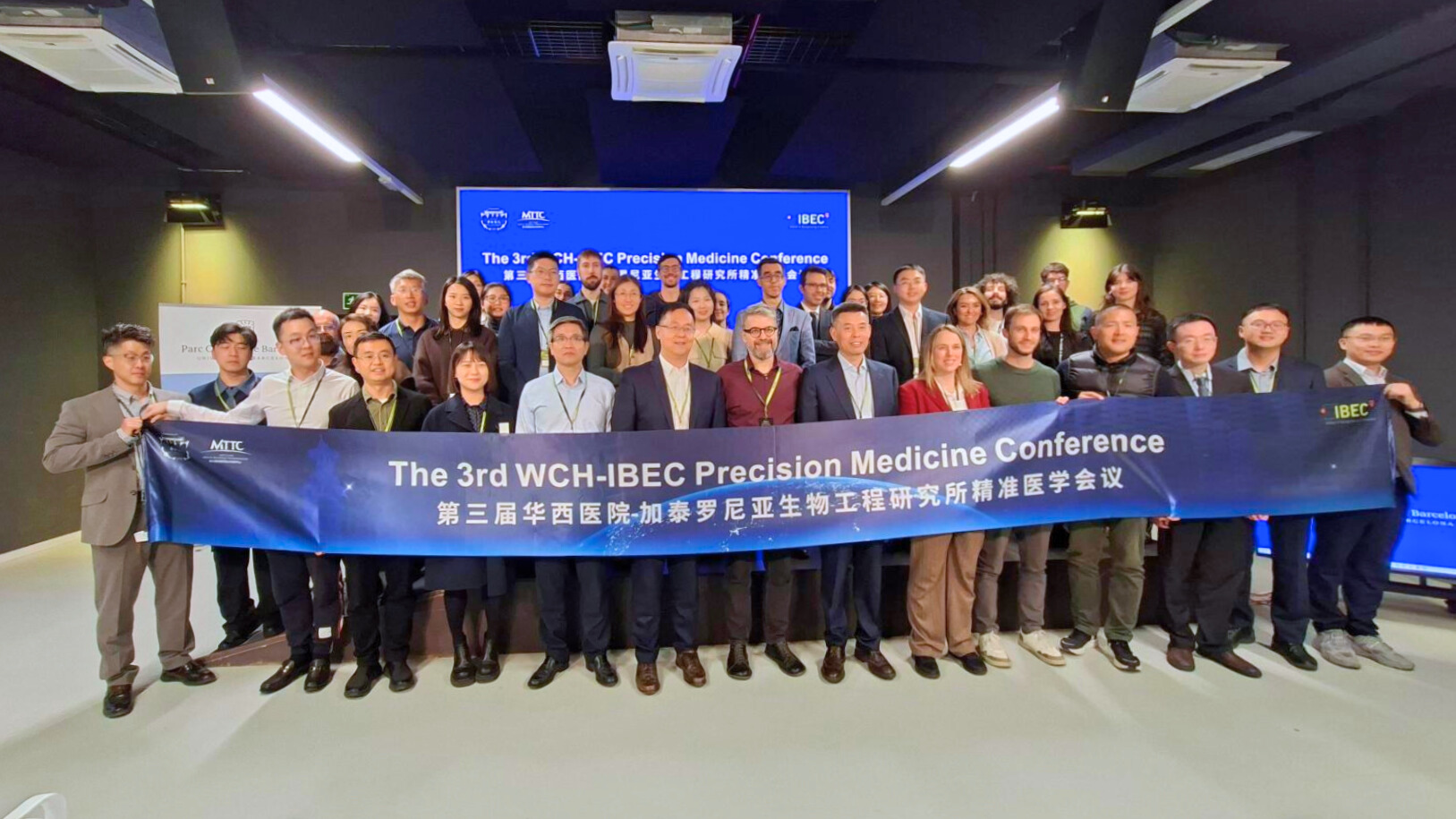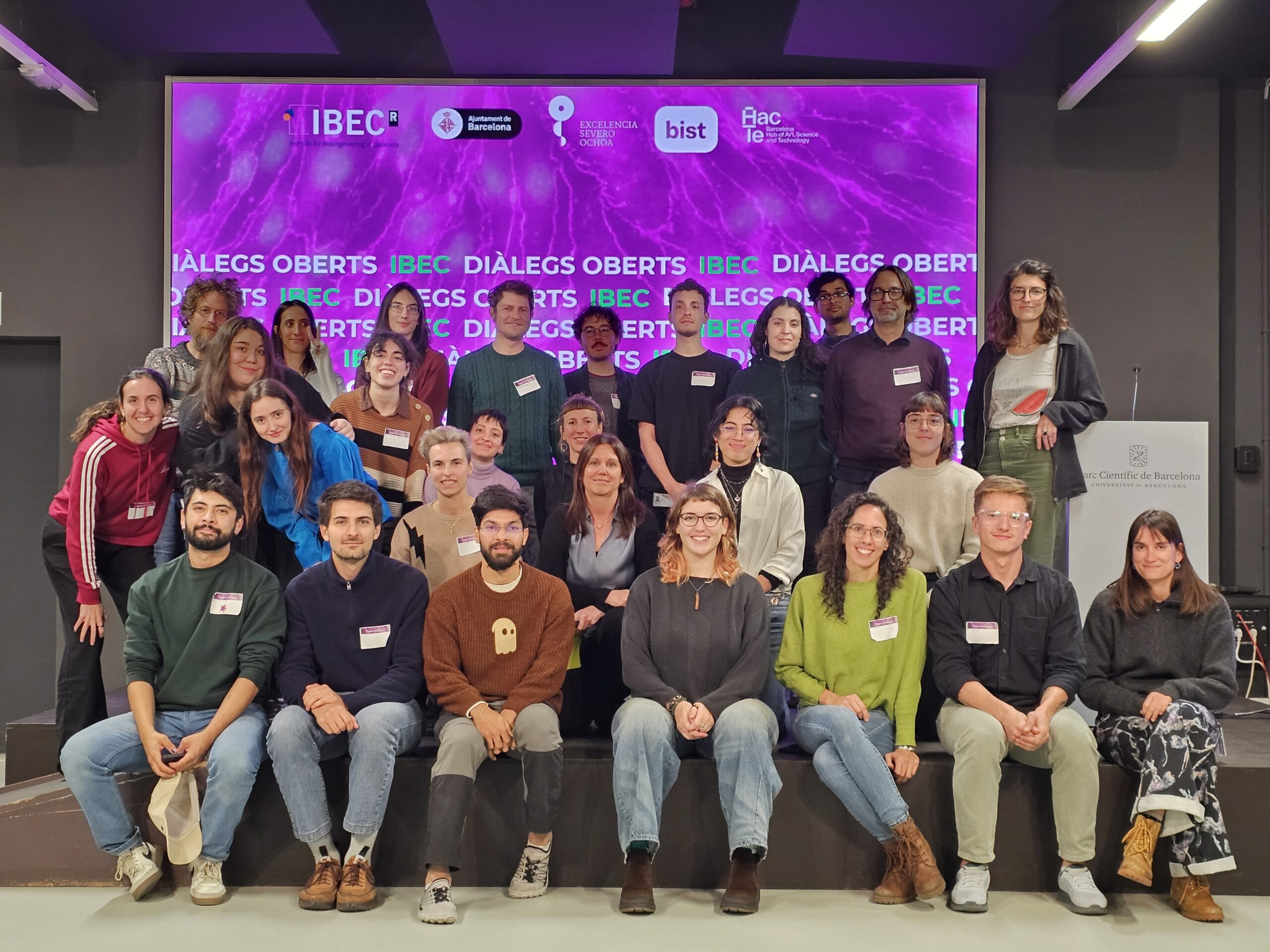IBEC receives an Ayuda Singular Institucional grant to create new spaces dedicated to bioengineering research for sustainability
The Institute for Bioengineering of Catalonia (IBEC) will promote the ‘Creation of new IBEC spaces for the Bioengineering for Sustainability Research Programme’ (BESOS-IBEC) project thanks to a Singular Institutional Grant. This grant is promoted by the Department of Research and Universities of the Government of Catalonia and is co-financed by the European Regional Development Fund (ERDF).

